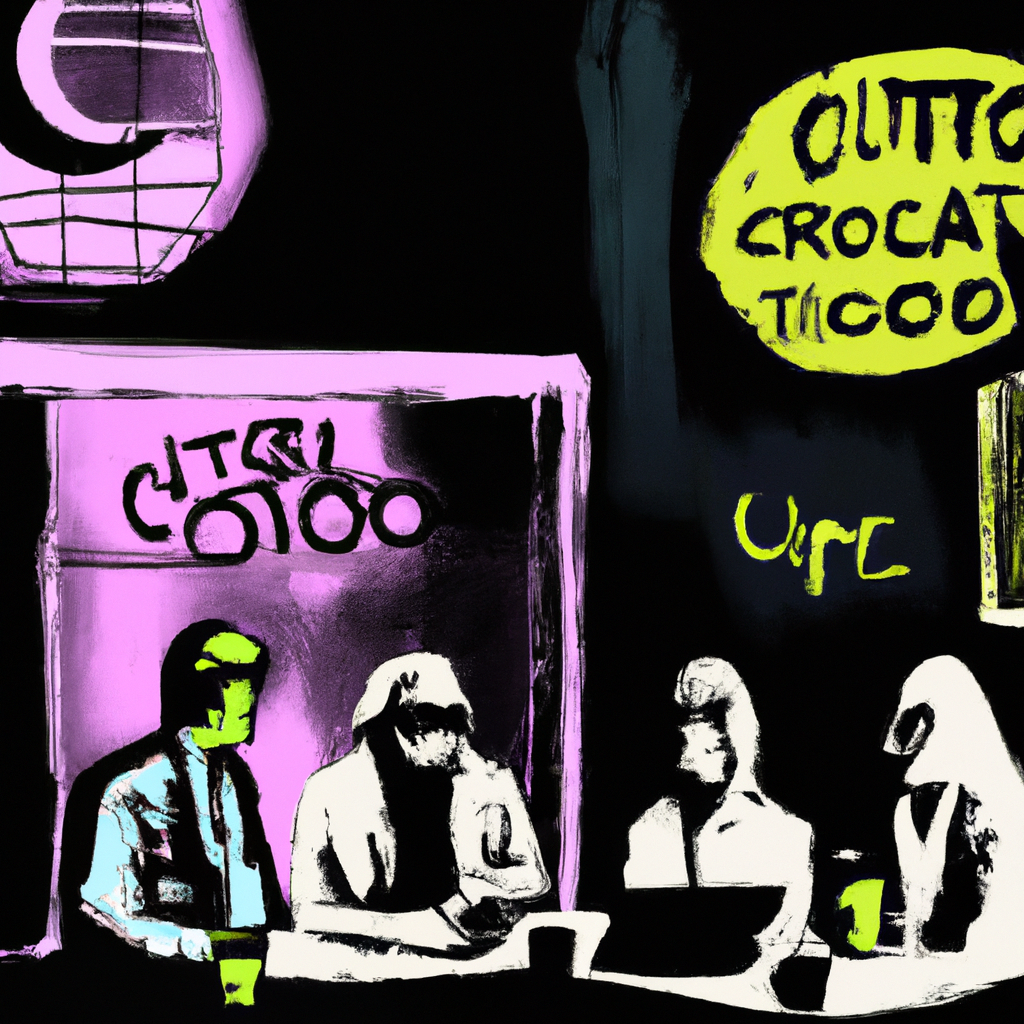In the shadowy corridors of wealth and influence, where opulence often masks desperation, a single name echoes with unsettling gravity: Epstein. This is no ordinary tale of aristocratic indulgence; it begins with a desperate plea for cash and spirals into a revelation that shakes the very foundations of perception. Sarah Ferguson, Duchess of York, is at the heart of this intrigue, a figure entwined in clandestine financial exchanges with Jeffrey Epstein, a man infamous for his own dark legacy.
As the cold light of dawn filters through the towering windows of Royal Lodge, a sense of unease lingers. The Mail on Sunday has peeled back layers of secrecy, revealing that for nearly 15 years, the Duchess has been quietly bankrolled by Epstein. This is not merely a scandal of personal debts and lavish spending; it is a case file rich with the fingerprints of power dynamics and hidden dependencies.
The Evidence
To understand the gravity of this revelation, one must examine the evidence. Sarah Ferguson’s financial woes are no secret. Her lifestyle, a tapestry woven with extravagant spending and mounting debts, paints a vivid backdrop to her entreaties for funds. Enter Jeffrey Epstein, whose financial largesse appears to have been a lifeline for the Duchess. But this relationship raises uncomfortable questions. Why would a duchess rely on a financier now infamous for his criminal activities and connections?
The Epstein connection to the British aristocracy is not an isolated phenomenon. It is a thread that, when pulled, unravels a broader tapestry of influence and financial machinations. Epstein’s network extended into the highest echelons of society, and his financial dealings often blurred the lines between philanthropy and manipulation.
The Pattern
Seen through the lens of history, this case echoes a pattern familiar to those who study the interplay of power and privilege. The British monarchy and aristocracy have long been bastions of tradition and influence, yet they are not immune to the seductive pull of wealth. The Fergusons’ financial entanglement with Epstein taps into a narrative as old as the institution itself: the quiet desperation of maintaining status in a world where money is power.
Epstein’s financial manoeuvres often involved providing funds to those in precarious positions, thereby ensuring influence and loyalty. This modus operandi, reminiscent of Renaissance patrons, reveals a system where financial dependency becomes a tool of control.
Why It Matters
This revelation is more than a personal scandal; it is a lens into the ethical quandaries and moral compromises that can arise when financial desperation meets unchecked power. It raises questions about the accountability of public figures and the systems that allow such dependencies to flourish.
The broader implications touch on media framing and the narratives that are constructed around figures of influence. In a world where headlines often skew perceptions, this case challenges us to look beyond the surface and question the very systems that perpetuate such dynamics.
Sources
- Reuters: Epstein and the British Royals
- Financial Times: Epstein’s Royal Connections
- UK Government: Financial Dependency and Influence
Salt Angel Blue Verdict: Manipulative
This case reveals a manipulative entanglement of power and financial dependency, veiled under the guise of philanthropy.





